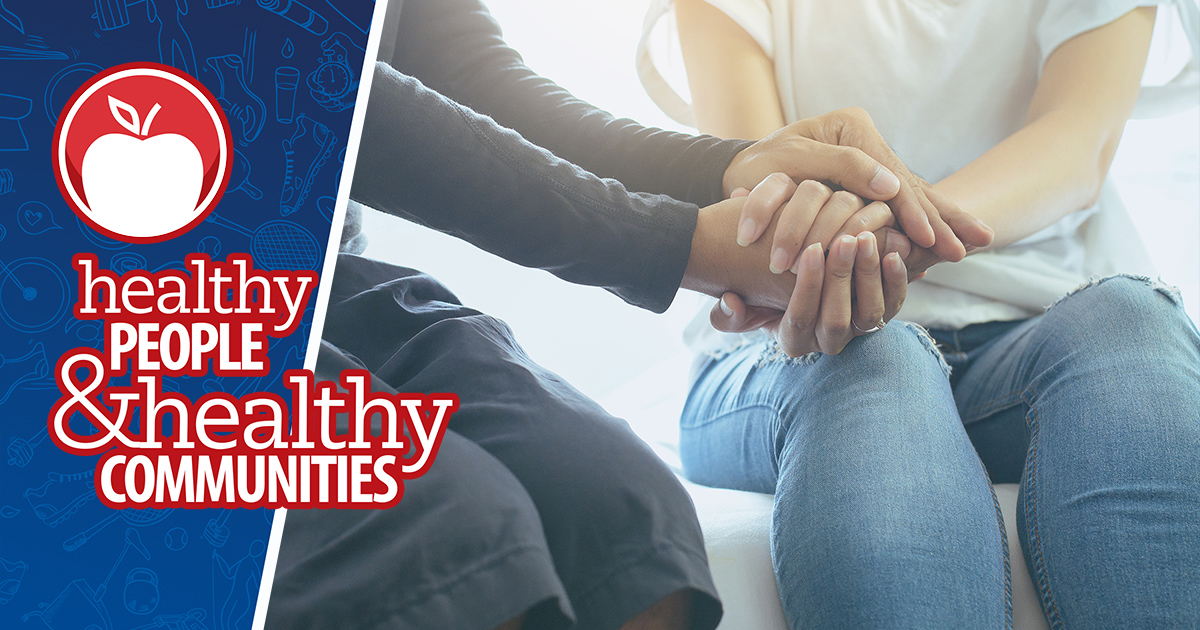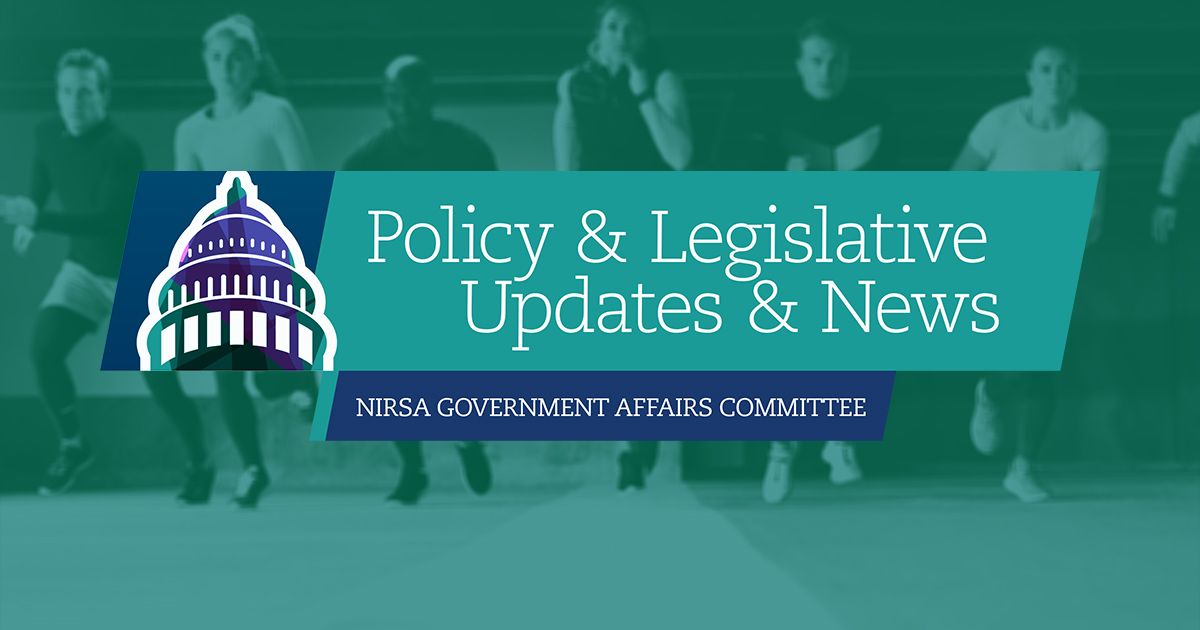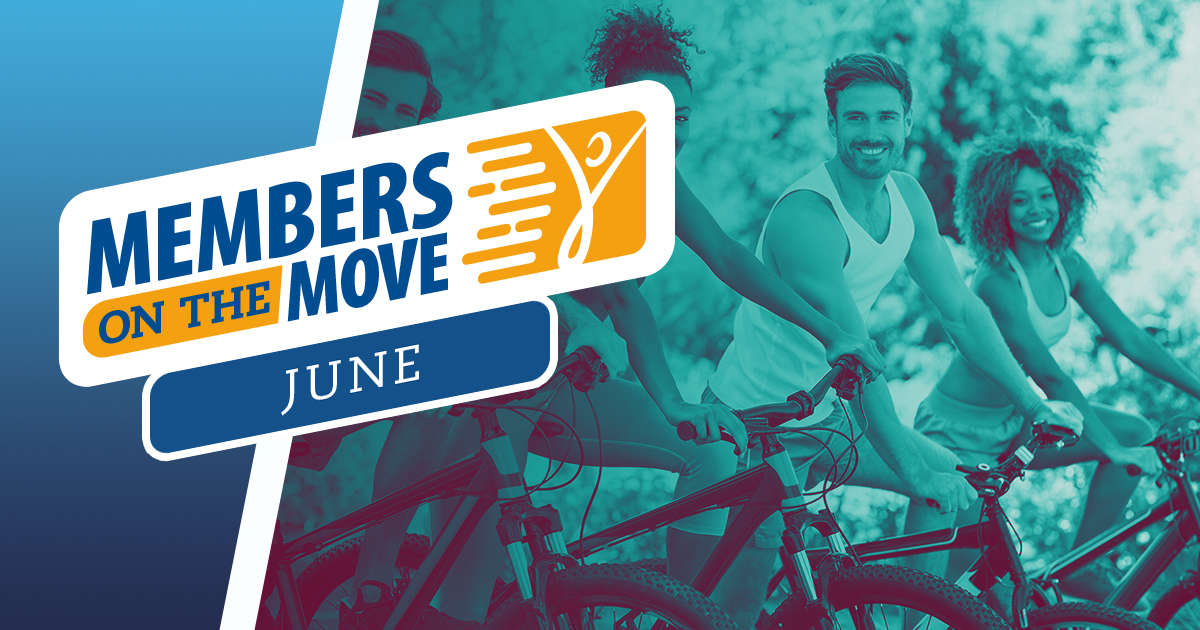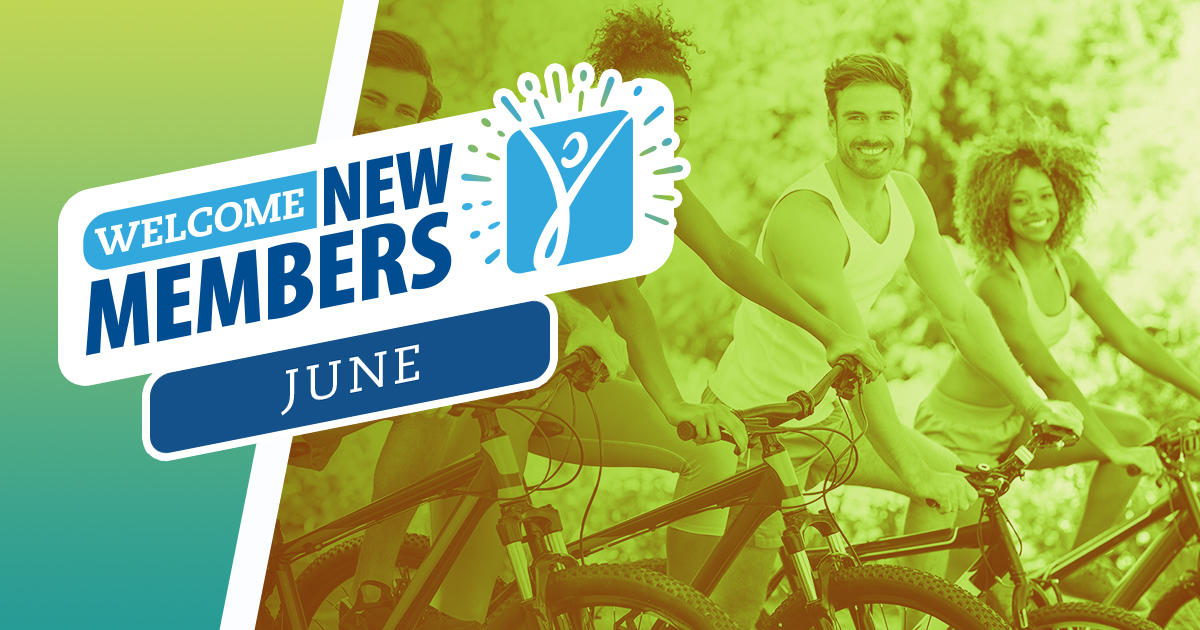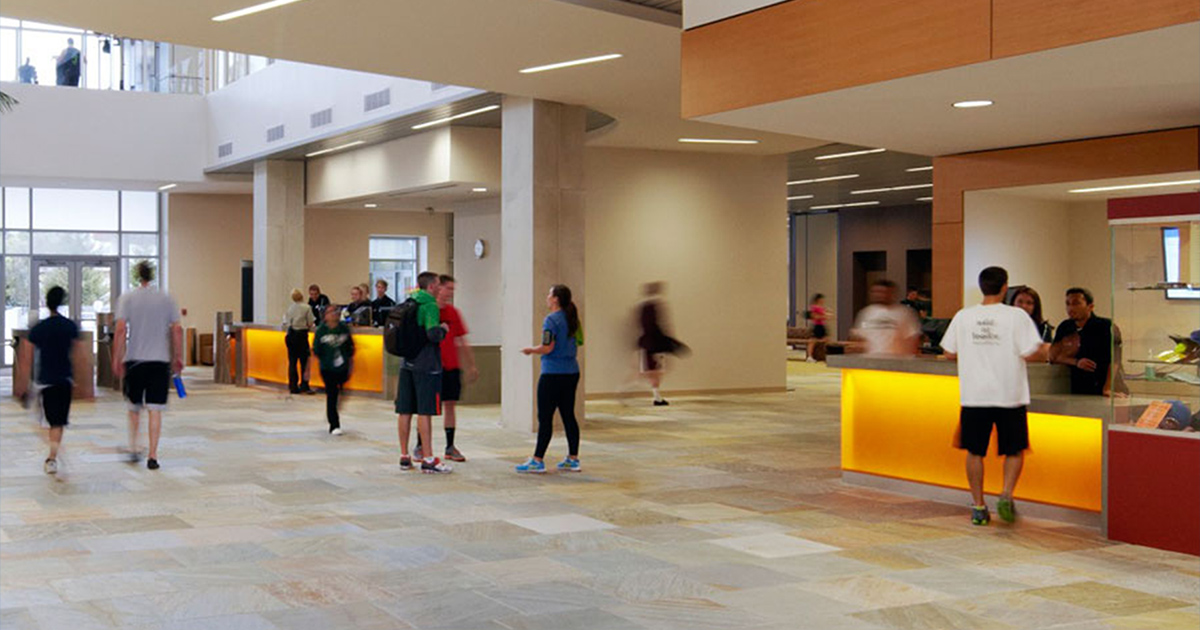In late October, the National Suicide Hotline Designation Act of 2020 was signed into law. The bill, which formally establishes 988 as the three-digit code for emergency mental health services, will allow people in emotional or mental distress to speak with a trained professional quickly. The previous number, 1-800-873-8255, was often difficult to remember during a crisis. It is projected to become operational in July 2022.
This three-digit hotline will likely make it easier for Americans in a mental health crisis to access potentially life-saving resources, similar to how 911 connects people to a first responder for other emergencies.
Additionally, detailed strategies are also in the works to improve support services within government health agencies for LGBTQ youth, minorities, and individuals in rural counties—all of whom are at a higher risk for suicide.
The significance of this being signed into law comes at an important moment as the COVID-19 pandemic, the current state of social unrest, and the 2020 presidential election have significantly worsened mental health issues in our country. Our students, faculty, and staff on campus are not immune to these challenges. As we know, suicide is the leading cause of preventable death in the US for college students ages 18-24, according to the CDC.
So, the big question I am sure you all have is: What does this mean for me, my campus, and my campus recreation department? Below are my recommendations.
What does this mean for you?
Simply be aware of this critical resource and help spread awareness in your networks; if there is ever a need to use this hotline, you want to be able to do so quickly.
What does this mean for your campus?
Typically, Dean of Students offices have protocols for how to handle students in distress. During business hours, there are usually seamless hand-offs to appropriate support services; however, outside of business hours, the typical default after-hours emergency protocol is to call 911. From there, calls are routed to campus police who either serve as first responders or activate additional support such as a dean on call.
Knowing all of this, I recommend that you share the news about 988 with your campus’ wellbeing, mental health, campus safety, or related committees and encourage your campus to revisit protocols to support students in distress. This group, in partnership with campus police, can determine how 988 should fit in the campus’ risk management plan.
Regardless of whether or not 988 is utilized for on-campus emergencies, it’s important that when mental health education is provided to community members 988 is included so that they can be educated in case of any potential off-campus issues.
What does this mean for my rec center?
If your campus updates protocols to include a utilization of 988 for on-campus mental health crises, then the first step for campus recreation is to update your emergency action plans accordingly and train student and professional staff members on this EAP update.
Rec centers can also connect with campus partners to continue proactive education on mental health and wellbeing. Include 988 as a part of these mental health promotion efforts.
State of Mental Health in America Report
For the 7th year in a row, Mental Health America (MHA) released its annual State of Mental Health in America Report, which ranks all 50 states and the District of Columbia based on fifteen mental health and access measures for both adults and youth (ages 12-17).
I encourage NIRSA members to read the report to get a snapshot of where we are as a country, where your state is, and to learn about the impacts of the coronavirus pandemic on mental health in detail. This report may help you and your campus better understand current and prospective students as well as employee mental health trends.
- For more information, please contact NIRSA Director of Advocacy & Strategic Partnerships Erin O’Sullivan.
Stacy Connell is currently at SLC Wellbeing, LLC. She is co-chair of the NIRSA Health and Wellbeing Task Force.


